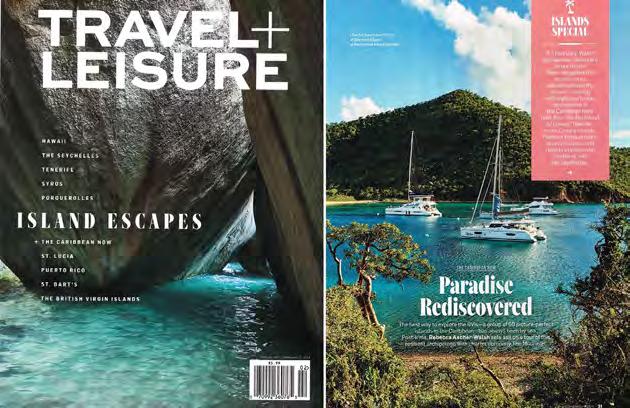
1 minute read
PREPARING FOR THE UNEXPECTED
Continued from page 12 to be issued in response. Once health officials determined no ongoing risk to public health existed on the property, we worked with local and national media to announce the hotel was reopening and to assure the public that they would be safe.
Being the communications hub
When public confidence plummets, crisis communications requires a highly coordinated plan, often between multiple stakeholders. Between September 2021 and June 2022, our client, a major transportation provider, experienced two accidents where multiple fatalities occurred. We immediately jumped into action to assist the organization’s communications team with minute-by-minute updates on media coverage, social media chatter and information gathering. During the first 24 hours and several days following, we tracked initial press reports as well, as social media sentiment around the crash response. With two major disasters in such a short amount of time, it was extremely important to make sure all public statements were clear, respectful and authentic, taking particular care not to use the same language for the second statement that we did for the first.
Once the crisis was no longer a lead news story, we shifted back to our previously prepared consumer earned media plan. Our main concern was to be sensitive to the seriousness of these crashes, allowing ample time to pass before resuming proactive travel and lifestyle media outreach for the company.
Lessons learned and optimized for each situation:
• By definition, crisis management requires being nimble around evaluation, fact-gathering, updating, strategizing and implementing a response.
• In a world where news travels faster than most people can even process, it’s important to monitor multiple sources of information, including traditional and social media.
• It’s critical to identify stakeholders and establish clear lines of communication.
• PR should be the communications hub to digest and disseminate information.
• Spokespeople need to be identified and trained in advance in order to present a unified and coherent message. This message needs to be aligned all the way up the chain, for example, from a hotel’s general manager to its front desk receptionists to outside travel advisors and suppliers to quell any misinformation.
• Being proactive mitigates the need to be reactive.
• Be prepared! By having an updated crisis plan including crisis playbooks covering a variety of potential scenarios at the ready, you’ll be able to mobilize quickly, saving valuable time and reputational danger.
Let’s ensure the travel industry feels more than 50 percent prepared for the unexpected. We’re here to help your brand and can conduct a risk assessment, review and refresh your existing crisis communications plans, as well as develop new plans to address a variety of crisis scenarios. Visit www.njfpr.com for more information.
Lauren Kaufman is Senior Vice President and Director of Operations at MMGY NJ.







